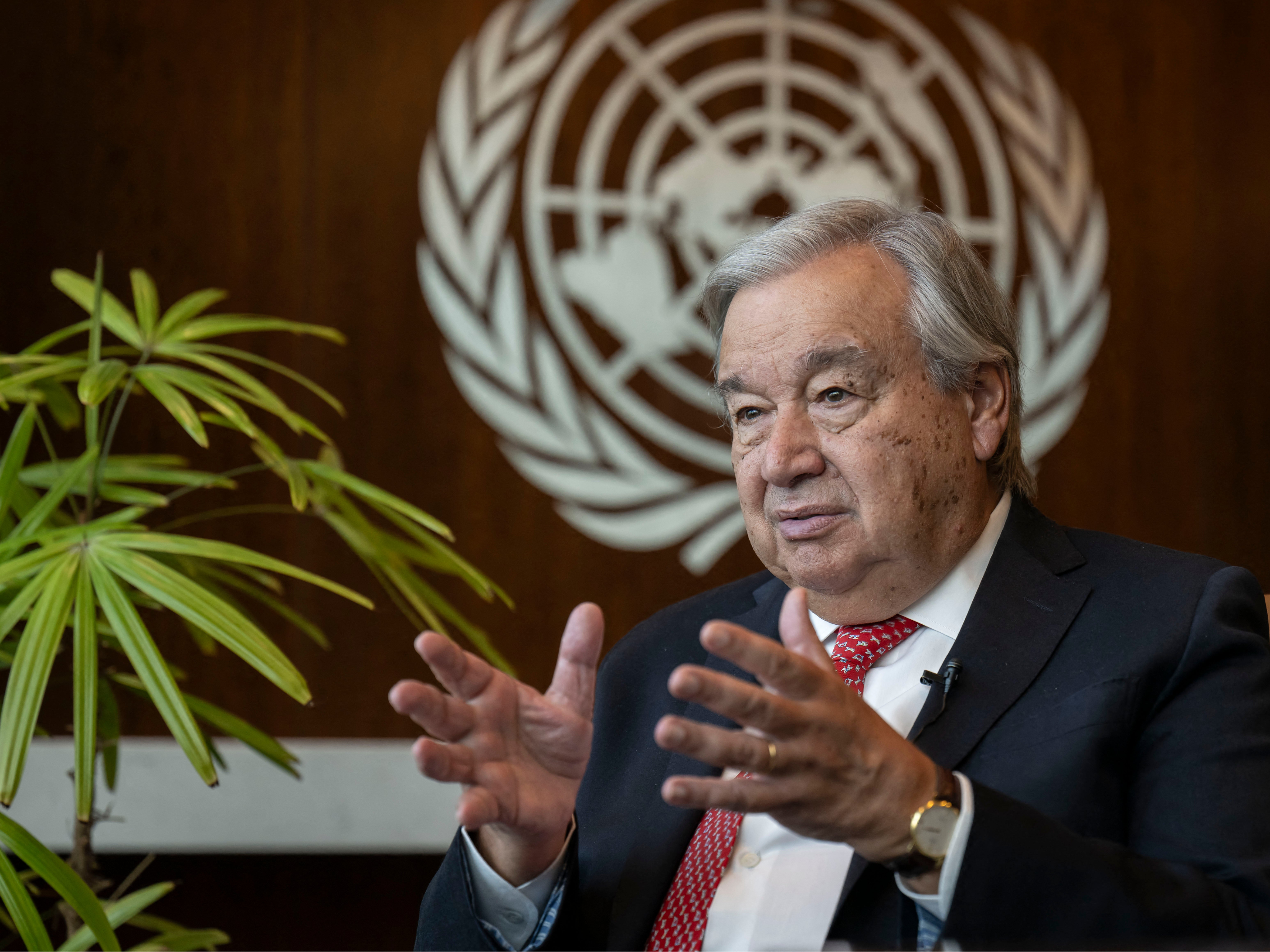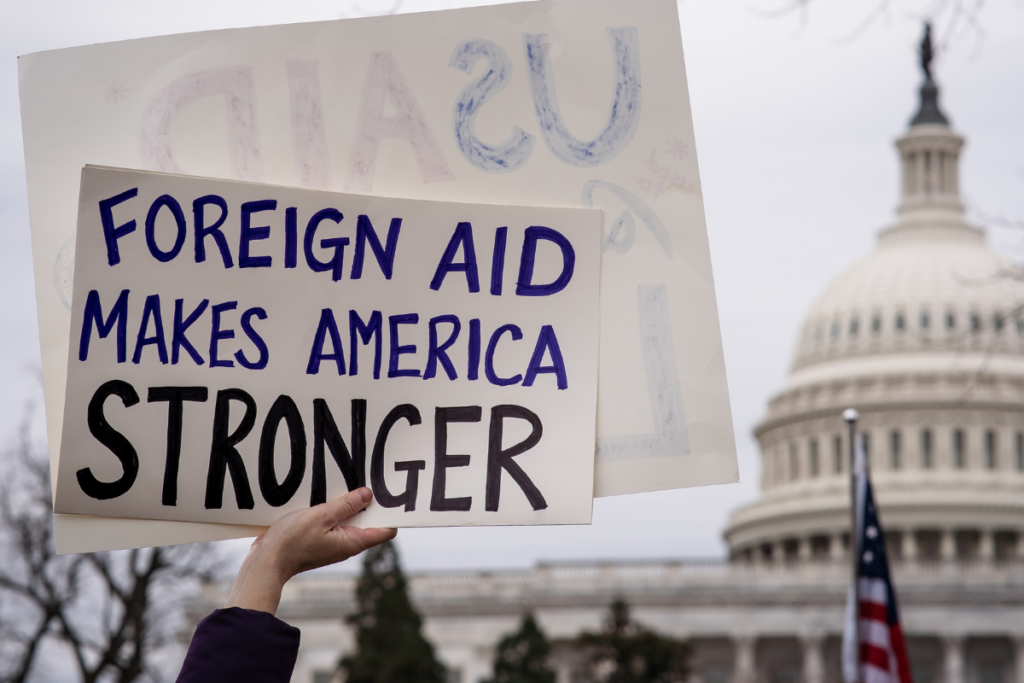In March 2025, UN Secretary-General António Guterres announced the launch of UN80, a comprehensive reform agenda aimed at ensuring the institution remains fit for purpose as it enters its 80th year.
The agenda is bold. It promises to streamline operations, realign mandates and shift some functions from pricier locales like New York City to lower-cost locations like Nairobi.
Importantly, UN80 signals more than a need for a fresh operational approach; it’s a direct response to a financial crisis that’s squeezing the organization.
As of May 2025, only 104 of 194 UN Member States have paid their regular budget assessments. The U.S. alone owes $1.5 billion in outstanding payments. China, the second-largest contributor, has delayed its payments, too. The result? Hiring freezes, program cuts and deep uncertainty across essential peacekeeping and humanitarian operations.
As Guterres put it in a speech to Member States on May 12, “The liquidity crisis is caused by one simple fact — arrears… essentially one member state and a few others.”
The Secretary-General was blunt about the stakes: “What is being called into question today is the very meaning of multilateralism — its values, principles and sustainability — its very fabric.”
The situation is urgent. It’s also precisely the kind of moment where U.S. leadership has historically made all the difference.
“What is being called into question today is the very meaning of multilateralism — its values, principles and sustainability — its very fabric.”
A History of U.S.-Led Reform
From the beginning, the U.S. has helped shape the UN through leadership, funding and reform.
In 1950, for example, facing Soviet-driven gridlock in the UN Security Council, the U.S. introduced the “Uniting for Peace” resolution, allowing the General Assembly to act when the Council is at an impasse. Fifteen years later, the U.S. backed expansion of membership in the Security Council and ECOSOC (the organization responsible for coordinating the UN’s work on economic and social issues), helping newly independent countries gain a voice.
By the 1990s, diplomacy took the lead. Kofi Annan became Secretary-General in 1997, with strong U.S. backing and a mandate for reform. While the late ’90s saw a period of the U.S. Congress withholding payments and arrears increasing, the 1999 Helms-Biden Act resolved the impasse with more U.S. engagement in both operations and reform efforts.
After 9/11, the U.S. helped turn the UN Security Council into a platform for global counterterrorism efforts via Resolution 1373, which compelled Member States to more aggressively track and punish acts of terrorism.
During the 2010’s and the Obama Administration, the U.S. and UN worked together to adopt several critical reforms and efficiencies, cutting the cost per peacekeeper by 18%.
Most recently, during the first Trump administration, the U.S. successfully worked with the UN to strengthen the organization. In 2017, more than 120 countries signed a U.S.-led declaration on UN reform spearheaded by then-Ambassador Nikki Haley and Secretary-General Guterres. That effort helped optimize peacekeeping missions and increase transparency around budgeting.
These changes haven’t been perfect, but they have been impactful. And they’ve reaffirmed a crucial truth: When the U.S. shows up, the UN works better.
UN80: The Next Big Opportunity
Now, as Guterres and Under-Secretary-General Guy Ryder lead the UN80 taskforce, the U.S. faces a choice of how — and for some, if — to engage in next phase of UN reform.
“The mission of the United Nations is more urgent than ever,” Guterres said in outlining the UN80 agenda. “It is up to us to intensify our efforts.”
“The mission of the United Nations is more urgent than ever… It is up to us to intensify our efforts.”
UN80 is already moving forward, with seven interagency clusters leading reform in areas like peace and security, humanitarian aid and development. Guterres emphasized that “these reforms will touch every funding stream and every part of the Secretariat. They will not be easy. They will require difficult decisions. But the impact on Member States’ contributions will be felt for years to come.”
For the U.S., which has historically pushed for greater efficiency and transparency at the UN, this is a pivotal moment to lead.
As Guterres put it, “Let us act with urgency and resolve to build the strongest and most effective United Nations — for today and for tomorrow.”
“Let us act with urgency and resolve to build the strongest and most effective United Nations — for today and for tomorrow.”




